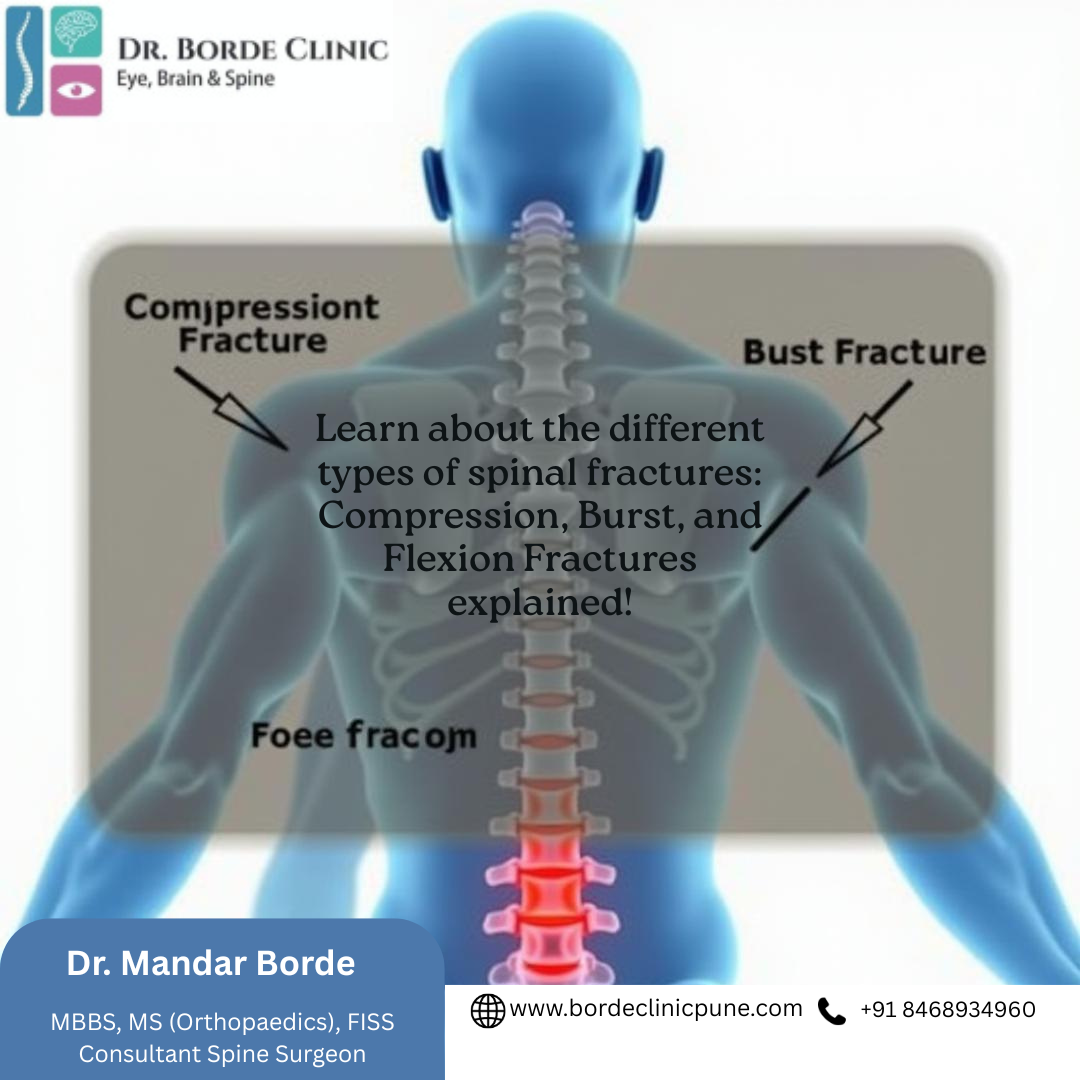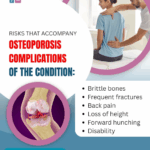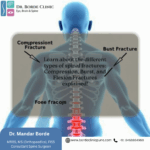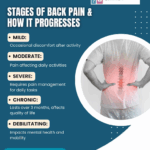
The spine is a complex structure that supports your entire body. When it’s injured—especially through a fracture—the impact can range from mild discomfort to severe disability. Knowing the types of spinal fractures and their causes can help in seeking the right treatment at the right time.
1. Compression Fracture
A compression fracture typically occurs when the bones in the spine (vertebrae) become too weak, often due to osteoporosis. These fractures may cause sudden back pain, loss of height, or a hunched posture.
2. Burst Fracture
More severe than a compression fracture, a burst fracture occurs due to high-impact trauma, such as a car accident or fall from a height. It involves the vertebra breaking in multiple places, potentially pressing on the spinal cord or nerves.
3. Flexion-Distraction Fracture
This type of fracture usually results from intense forward bending of the spine—common in head-on car collisions where the upper body is thrown forward while the pelvis remains in place. It can affect the stability of the spine.
4. Thoracic/Lumbar Spinal Fractures
These fractures affect the middle and lower back and often result from nerve damage or spinal instability. Symptoms can include severe pain, numbness, or even paralysis depending on the extent of injury.
5. Stable and Unstable Fractures
-
Stable fractures don’t cause significant spinal deformity or neurologic problems.
-
Unstable fractures, however, may cause spinal misalignment or nerve damage and typically require immediate medical intervention. These are often caused by traumatic events, falls, or sports injuries.
Conclusion: Expert Care for Spinal Fractures
Early diagnosis and the right treatment approach are key to preventing long-term complications from spinal fractures. If you or a loved one has experienced back trauma or shows symptoms of a fracture, don’t ignore it.
Dr. Mandar Borde, a renowned Spine Specialist in Swargate, Sinhagad Road & Parvati, Pune, offers expert diagnosis and advanced treatment solutions for all types of spinal conditions. His patient-centric care and evidence-based approach ensure the best outcomes, whether you need conservative management or surgical intervention.



